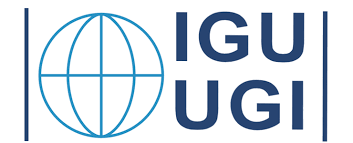info.gorilla[at]mak.ac.ug
Summer school on Community Resilience and Geovisualization under increasing risks 27th November to 2nd December 2024
Download Summer School Brochure here
Organizers: The summer school is organized under the Collaborative Action for Strengthening Training Capacities in Climate Risk and Natural Resource Management (CoSTClim) project. This is a collective initiative among the Norwegian University of Science and Technology (NTNU), Makerere University, Uganda Martyrs University, and the Regional Universities Forum for Capacity Building in Agriculture, aimed at bolstering societal resilience to climate change, enhancing ecosystem productivity, and ensuring environmental sustainability in Uganda.
Target Audience: Master and PhD students engaged in or interested in the fields of climate change, disaster risk reduction, natural resource management, and community resilience.
Objective: To provide an immersive learning experience on geovisualization under increasing risks related to climate change adaptation, disaster risk reduction, and community resilience.
Course Structure:
- Introduction Day: An overview of key concepts and research methodologies in climate change adaptation, disaster risk reduction, and community resilience. This session will set the stage for the in-depth exploration of these areas throughout the summer school.
- GIS and Mapping (Three days): Hands-on training in geographic information systems (GIS) and mapping techniques to analyze environmental changes and vulnerabilities. Softwares used are QGIS and Visual Studio Code that can be freely downloaded.
- Excursion to Mount Elgon (Three Days): An applied learning experience where participants will engage with communities affected by landslides, resettlement, and land degradation. This field trip will provide real-world insights into the challenges and opportunities for building resilience in vulnerable areas.
Application: Click here to apply to the 2024 Summer School
Skills developed: The CoSTClim Summer School represents a unique opportunity for advanced students to deepen their understanding of climate change adaptation, disaster risk reduction, community resilience, and geovisualization under increasing risks. Through a combination of theoretical sessions, practical training, and fieldwork, participants will gain valuable insights and skills that are critical for addressing the complex challenges posed by climate change.
